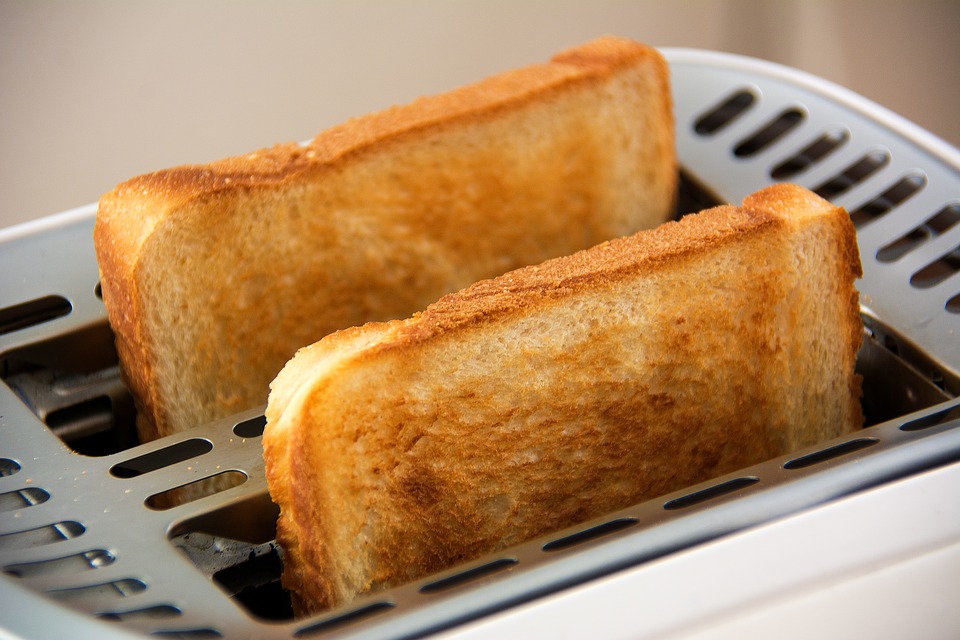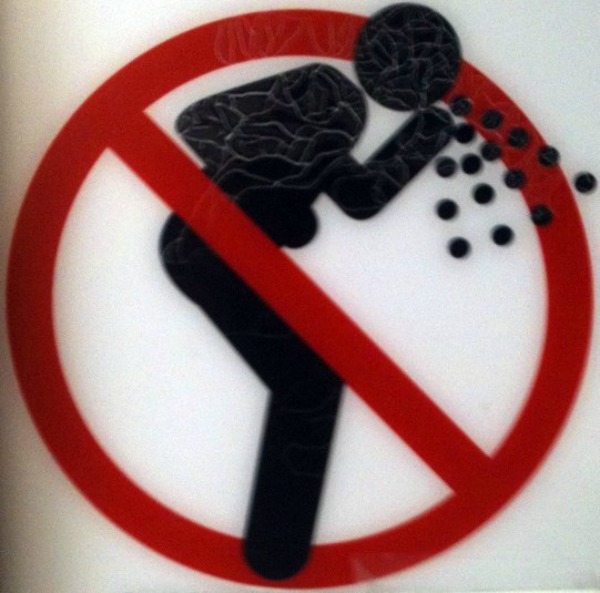
Celiac Disease
With celiac disease, your body reacts negatively to gluten protein—found in grains like wheat, barley, and rye—and attacks the lining of your small intestine, eventually damaging your body’s ability to absorb nutrients properly.
For some, with this potentially severe condition, gastrointestinal symptoms are impossible to ignore, like diarrhea, constipation, bloating, and abdominal pain. Others may not notice significant digestive symptoms, but have other complaints like irritability, depression, or fatigue. And some have no symptoms at all.
These differences make celiac disease very difficult to diagnose, a whopping 83 percent of people with celiac disease go undiagnosed (or misdiagnosed) with other conditions. If left untreated, complications can develop from malnutrition, osteoporosis, thyroid disorders, and some cancers. Ss awareness of the disease grows, more people are being correctly diagnosed.
Recommendation: The cure for celiac disease? Adherence to a strict gluten-free diet. When we say strict we mean it: ingesting even tiny amounts of gluten, like crumbs from a toaster, can trigger small intestine damage. But the good news is that going G.F. has gotten tasty, thanks to the popularity of the keto diet.

























